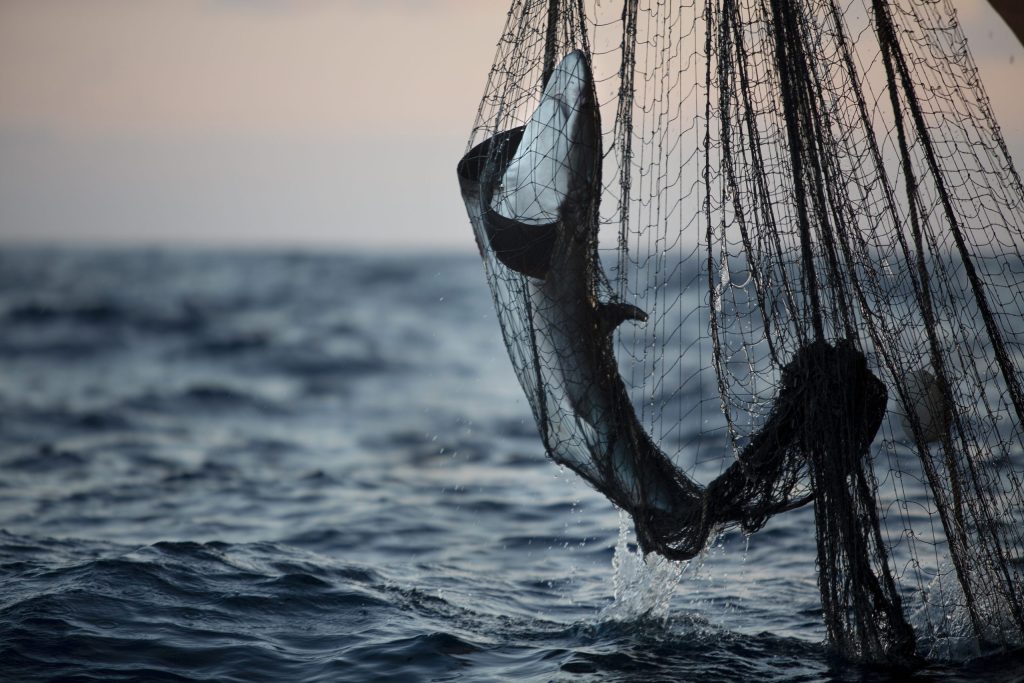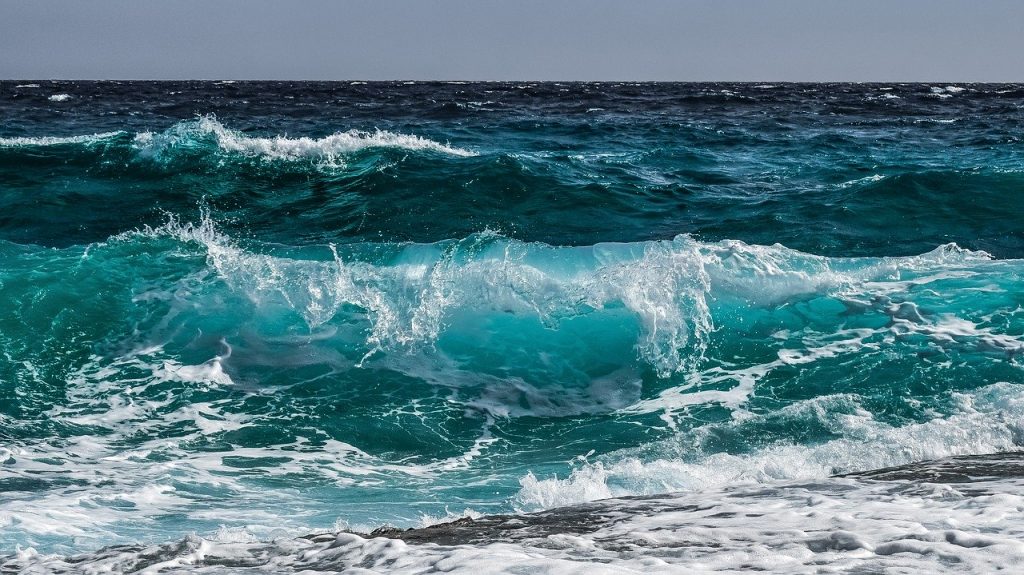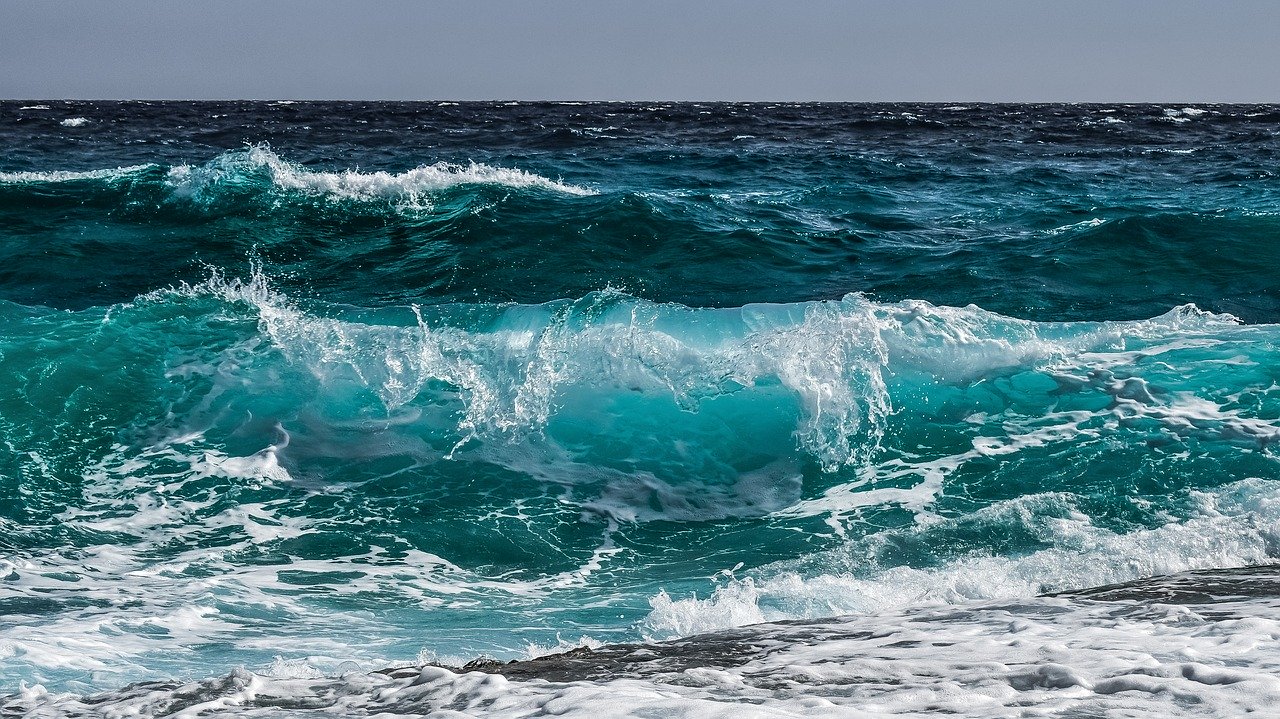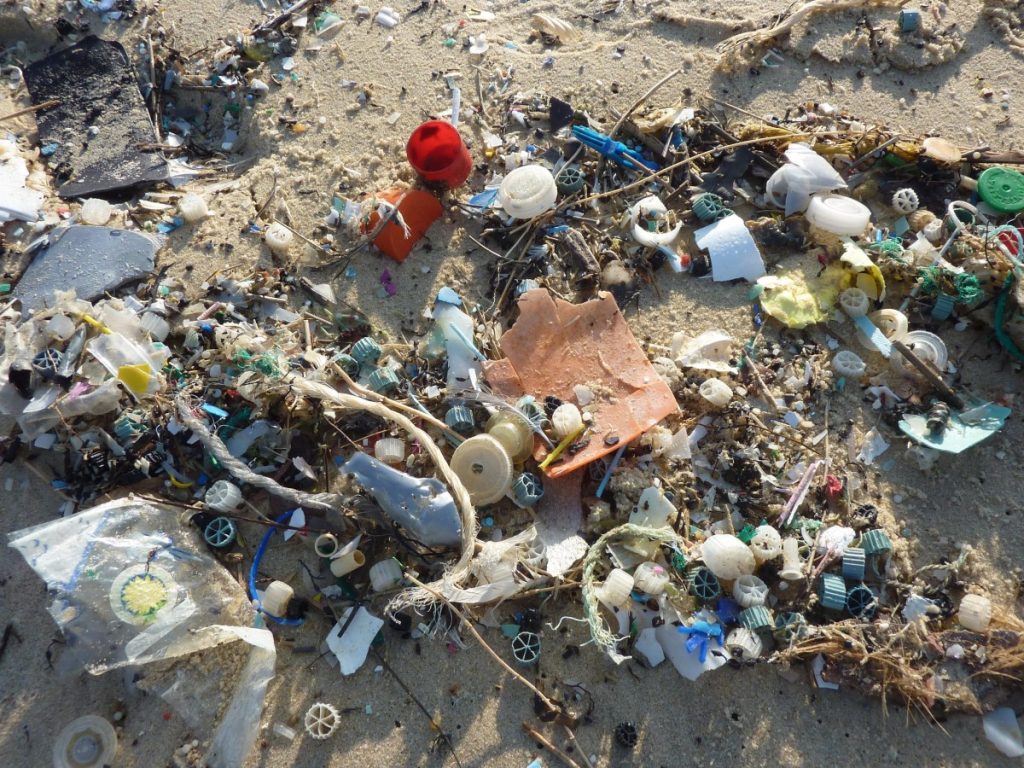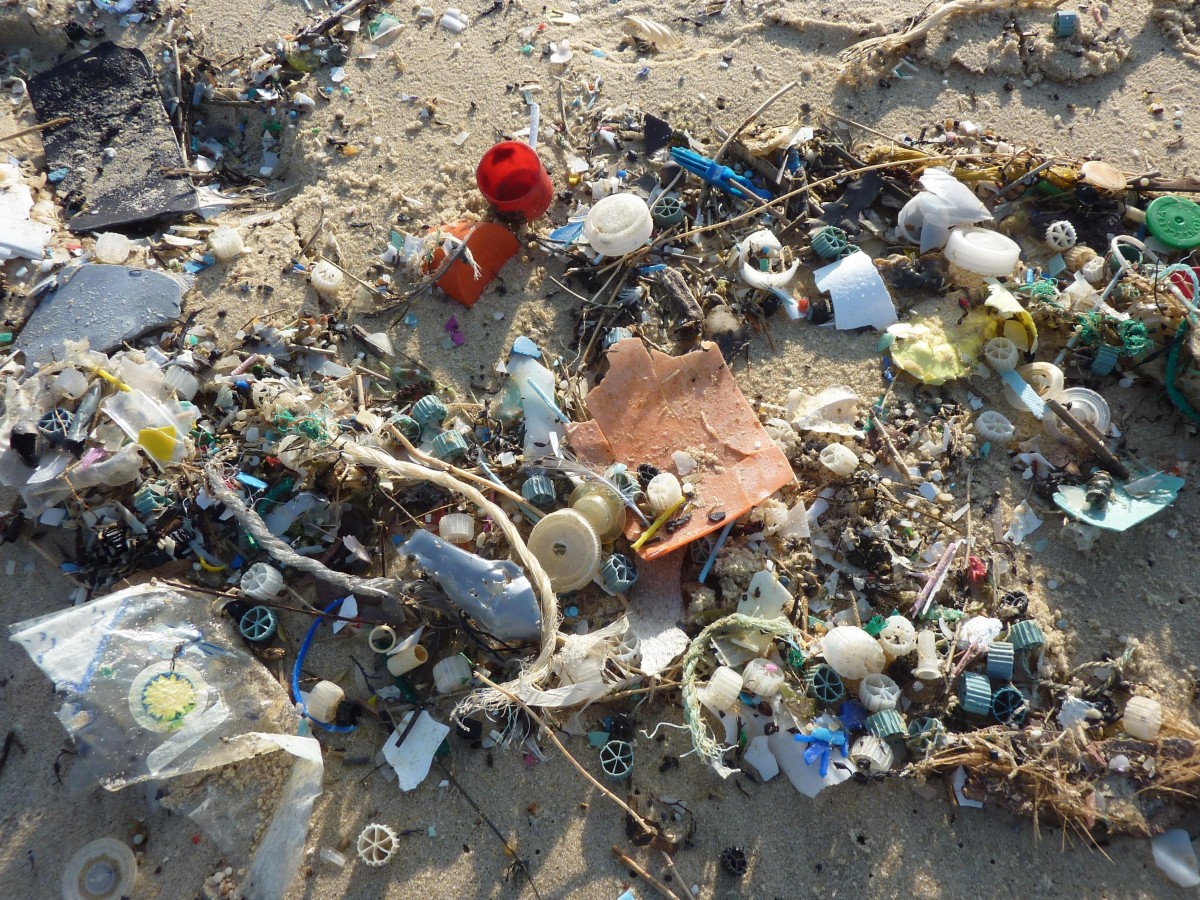- VANCOUVER—Global governments will convene to discuss what could be the biggest conservation effort in history from March 7-18. The final round of negotiations on
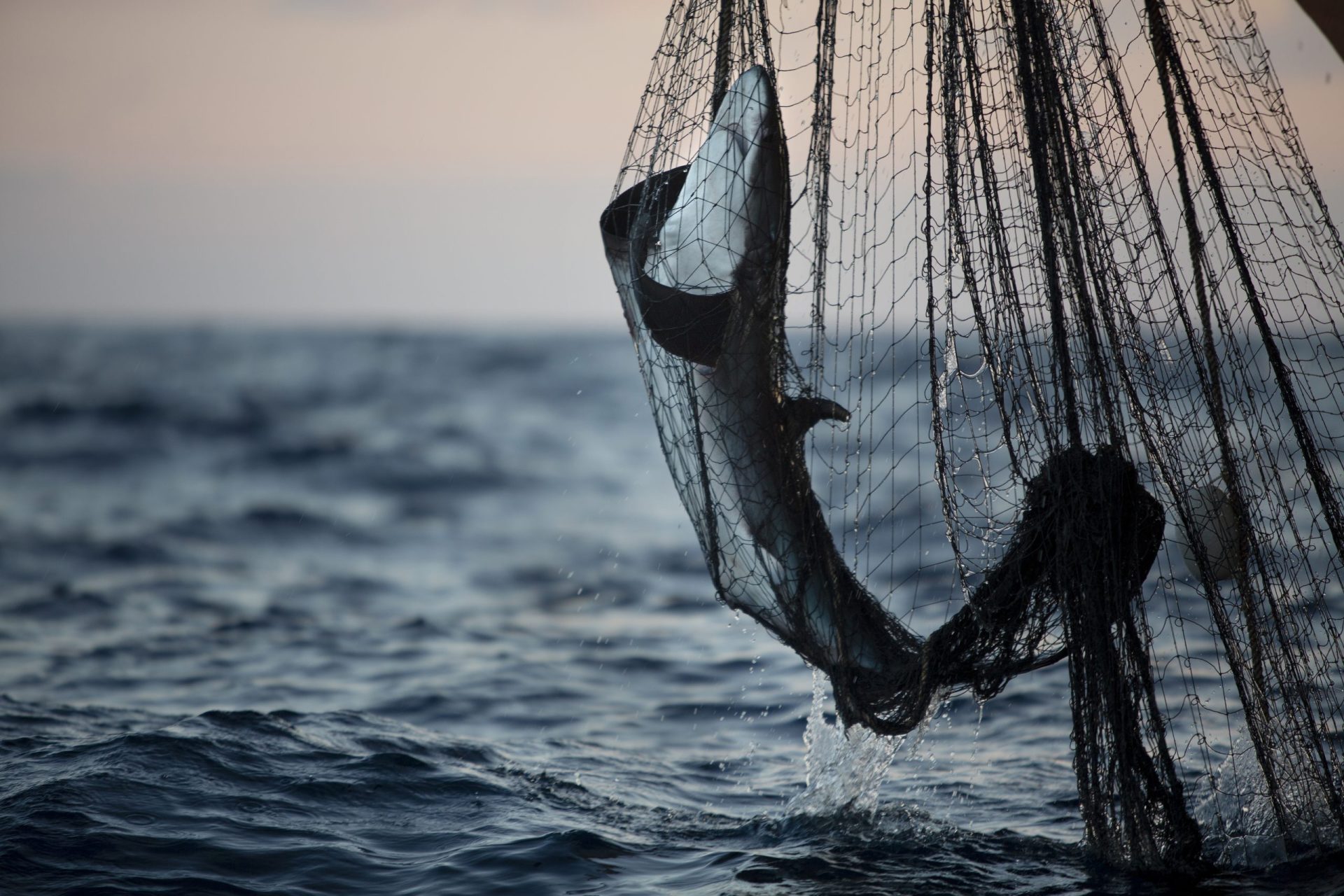
- VANCOUVER—Global governments will convene to discuss what could be the biggest conservation effort in history from March 7-18. The final round of negotiations on
- VANCOUVER—Global governments will convene to discuss what could be the biggest conservation effort in history from March 7-18. The final round of negotiations on
